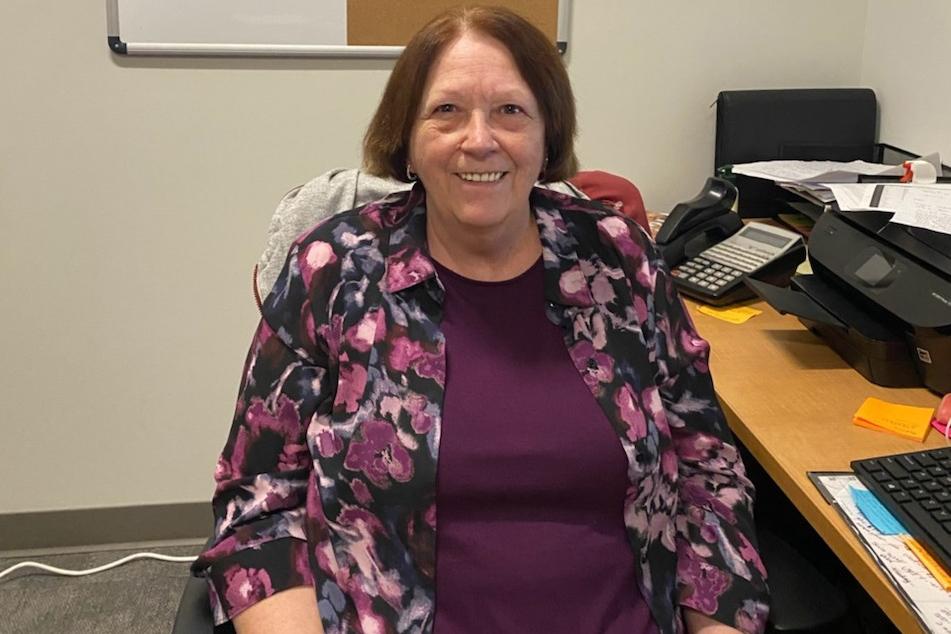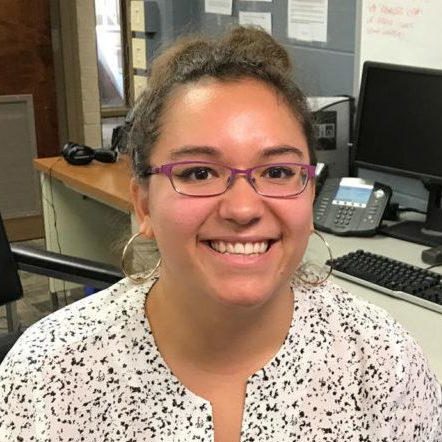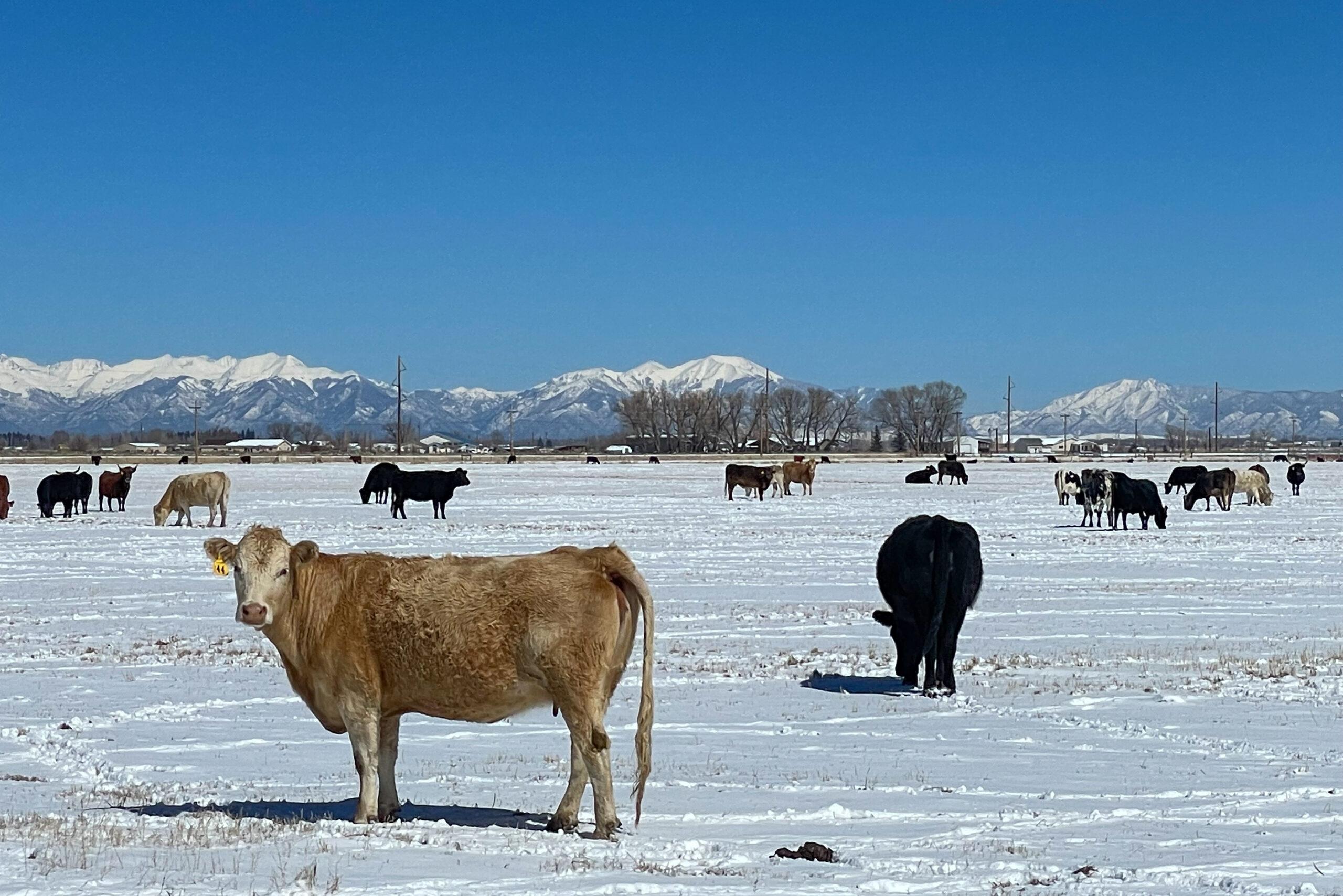
Colorado State University Pueblo has adapted health services to help students and staff navigate increased stress due to the ongoing coronavirus pandemic.
Director of Student Health Carol Daugherty said the counseling center has seen more students and staff since spring semester, when the university quickly transitioned to remote learning.
While she's worked through the HIV and Ebola epidemics, Daugherty said the ongoing pandemic is a whole different experience.
She spoke with KRCC's Elena Rivera about how she manages her own mental health and supports campus colleagues in the process.
Interview Highlights
On the challenges of supporting a university community during the coronavirus pandemic:

"Obviously, we want to support the students. But in doing that, it's our staff and faculty who are a great part of that support. It has been difficult and because those of us who have any understanding of what's going on are fearful, as well. Many of us have families, many of us have elderly family members, many of our faculty and staff are at increased risk for having complications if they get COVID.
[It] was my father's birthday [recently]. And I just could not take the risk. I always take him out for lunch or dinner. And I could not take the risk of doing that at this time. He's at risk, a higher risk, and I work with people who are sick. That was very difficult. Two of my sisters always go with me when we do that. And we're on the phone crying to each other because we can't do what our normal life is.
For a lot of our faculty and staff, it's the same situation. And because we're having so much of this, we have set aside Tuesdays and Thursdays on campus, where the counseling center will actually do some work with our faculty and staff to support them."
- Living In A Pandemic Is (Unsurprisingly) Stressful. This El Paso County Program Aims To Help Build Mental Health Resiliency
- How One Young Colorado Woman Copes With The Mental Hardships Of The Pandemic
- The Hidden Costs Of Coronavirus Are The Lives Lost To Addiction, Mental Health Crises
- Colorado Survey Finds Heightened Rates Of Depression, Anxiety And Stress During Pandemic
On how Daugherty manages her own stress level during the pandemic:
"I think mindfulness is probably one of the most important tools that you can do. It's going home, having some music, doing some meditation, taking a hot shower, a warm bath, aroma candles, you know, changing your environment. When your environment is calm, it helps to calm you. And if your environment's very stressful and very chaotic, that increases your stress and chaos.
I tell people okay, this is what you can do. Take deep breaths, let's do some breathing together. And remember, this is not something that's going to take care of everything forever. This is something that's going to help you get through the next hour, the next day, the next week.
I have some hobbies that can help me relax: I make jewelry, I do beading, I color. I have to remember to do the same thing I advise our students and our faculty and staff to do: step back, take a deep breath. When the phone's ringing at 2:00 in the morning or 10:00 at night, take that deep breath and just deal with what is there.
Because honestly, I know what stress does to the body. And so every day, I have to fight to step back from some of this stress. I see it in my colleagues around campus, too. I think that we have really come to recognize that in each other. And so at that time, it's really important that we have these supportive people that work together with us that just can tell us, 'Look, I know you've got a lot to do, but you aren't going to be any good for anybody until you take a step back.'"








